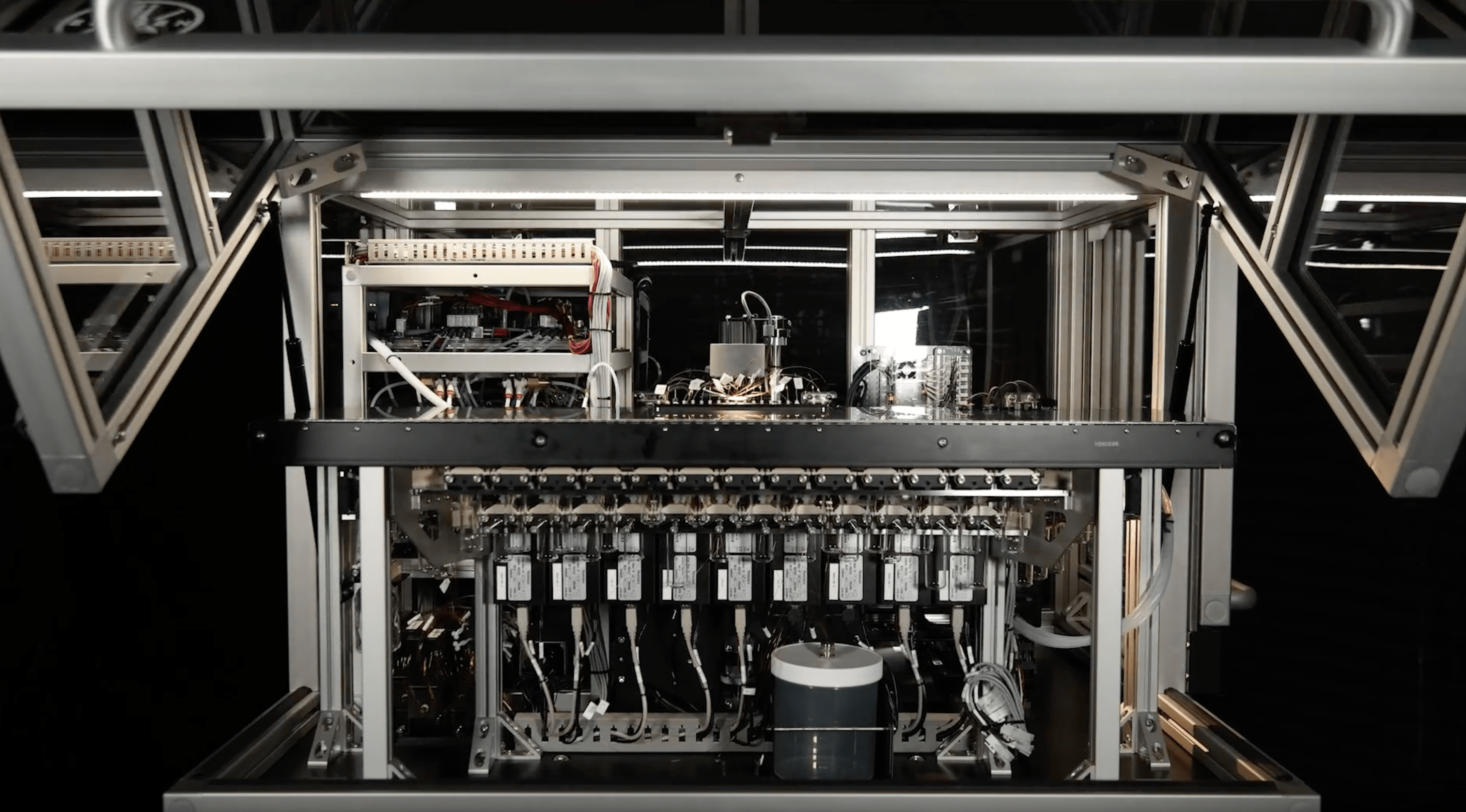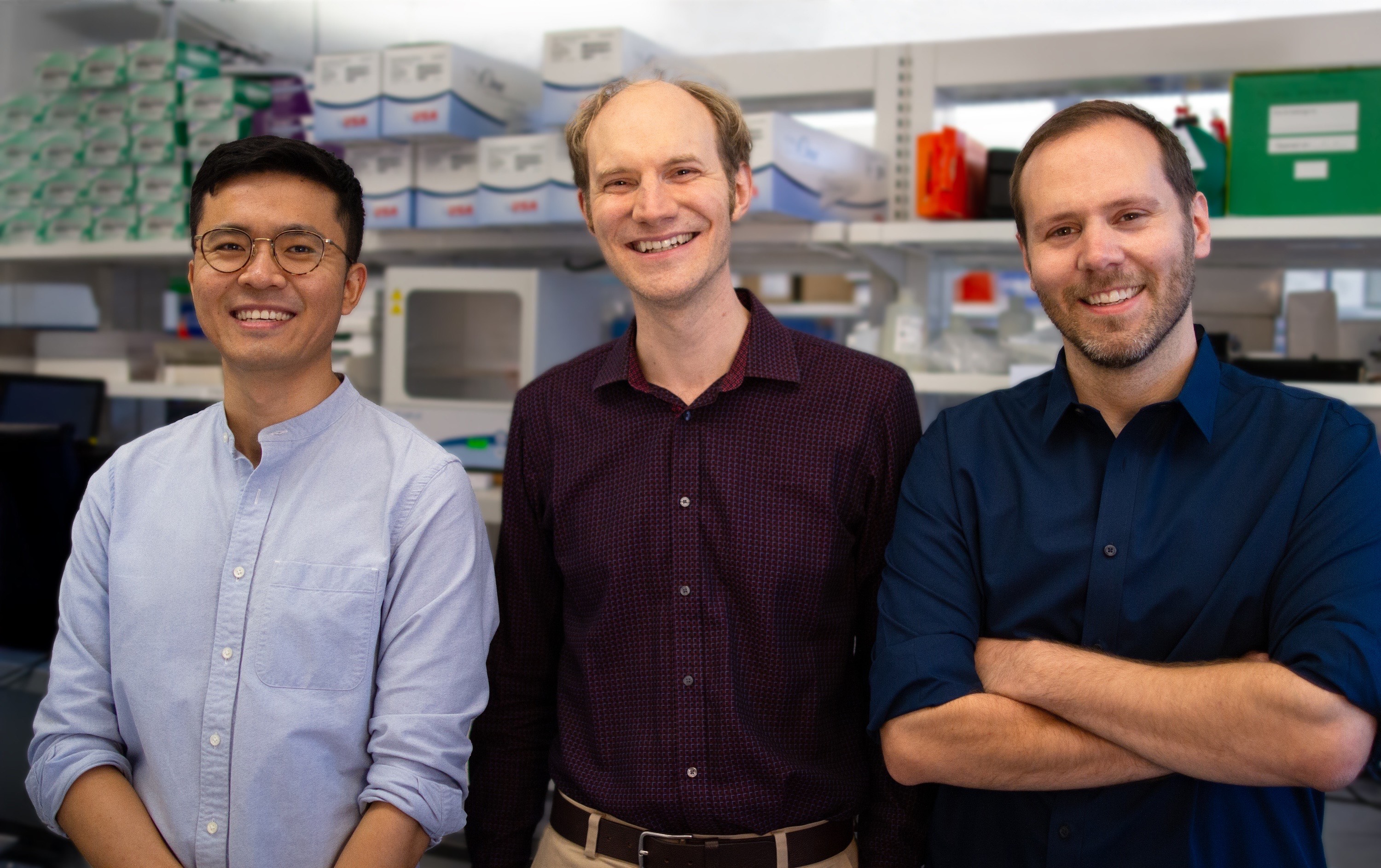Intellia Therapeutics Closes $70M in Series B Funding to Develop CRISPR/Cas9 Therapies
In 2015, nothing excites biotech investors more than CRISPR/Cas9 genome editing technologies. The past 10 months have seen a collective investment of $280 million in CRISPR-focused companies Caribou Biosciences, CRISPR Therapeutics, Editas Medicine, and, as of this week, Intellia Therapeutics.Intellia Therapeutics announced on Tuesday that they had raised $70 million in a series B round led by new investor OrbiMed. The Cambridge-based company, which closed $15 million in Series A funding led by Atlas Venture and Novartis in November, plans to use the funding to develop treatments for cancer and disorders of the liver and blood."CRISPR/Cas9 technology has potential to transform medicine by addressing previously untreatable genetic targets and serving as the basis for new and better therapies. This novel technology could potentially eliminate many severely disabling and life-threatening diseases for patients", said John Leonard, Chief Medical Officer, Intellia Therapeutics.Intellia’s scientific advisors include world-renowned scientists such as Jennifer Doudna from UC Berkeley, who co-discovered the technology for editing genomes that harnesses an ancient mechanism of bacterial immunity. Jennifer was named by Time magazine as one of the 100 most influential people in the world, and MIT Technology Review calls the CRISPR/Cas9 technology “the biggest biotech discovery of the century.”Intellia was founded less than a year ago by Atlas Venture and Caribou Biosciences, but it has already partnered with international drug company Novartis to develop new CRISPR/Cas9-based therapies. Intellia also has a partnership with Caribou Biosciences to access the company’s genome engineering technologies which are based on research conducted by the Doudna Lab at the University of Berkeley.
CRISPR-Cas9 Therapies by Intellia Therapeutics
Two types of therapies are being developed at Intellia: in vivo and ex vivo approaches. The in vivo approach involves packaging CRISPR/Cas9 into a delivery vehicle that administers it directly to the tissues of a patient. This work builds on lipid nanoparticle delivery tools that have already been validated in clinical studies, but employs the gene editing capabilities of CRISPR/Cas9 to repair genetic disease or stimulate production of therapeutic proteins.

Intellia is using CRISPR/Cas9 technology to develop both in vivo injectable therapies and ex vivo therapies derived from the patient’s own cells.In ex vivo therapies, cells are collected from the patient and edited by CRISPR/Cas9, before being returned to the patient. Through their partnership with Novartis, Intellia is engineering ex vivo CRISPR/Cas9 cell therapies for chimeric antigen receptor T cell (CAR-T) and hematopoietic stem cell (HSC) applications.As we detailed previously, “CAR-T therapy is a promising type of immunotherapy that involves engineering the patients’ own immune cells (T-cells) to recognize and attack their tumors. This is how it works: they separate the T-cells from a patient’s blood sample, and engineer the cells (through CRISPR-Cas9) to produce specific receptors on their surface (chimeric antigen receptors or CARs). The CARs allow the T-cells to recognize a certain protein (antigen) on tumor cells. The engineered CAR-T cells are cultivated in the lab, and then infused into the patient. In the body, they multiply, recognize and kill cancer cells that harbor the antigen on their surfaces.” The CAR-T industry is itself booming - flagship CAR-T company Juno Therapeutics closed a $1 billion dollar contract with Celgene this summer - and CRISPR/Cas9 will improve the speed and precision of CAR-T therapy development. On the other hand, CRISPR/Cas9 editing in hematopoietic stem cells could expand the potential of cord blood for use in transplantation (as an alternative to bone marrow). The technique could be used to produce therapeutic proteins within tissues, or to repair genetic disease.
Intellia poised for success
In the few years since its discovery, CRISPR/Cas9 has become one of the most valuable and sought after tools for life science academics. A similar revolution could be expected in the private sector, and Intellia is poised to be one of the few players with proprietary access to the technology. Only time will tell what the first industrial success of CRISPR will be, but with applications broadly ranging from cancer therapy to genetic disease to HIV defense, we can expect to hear of it soon.



.svg)






.png)



.jpg)

.gif)